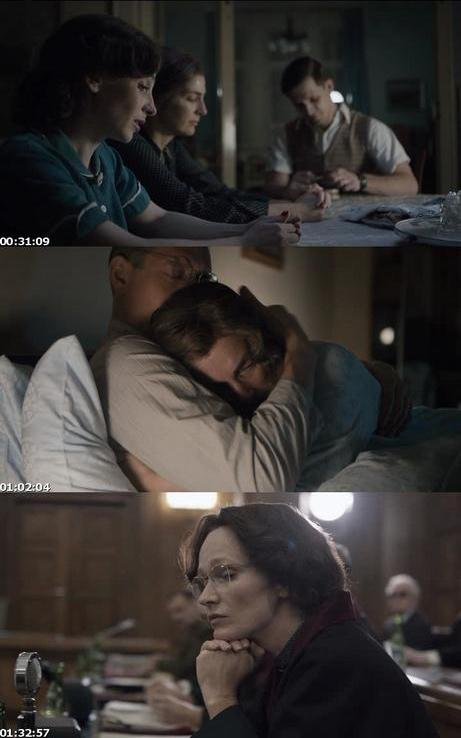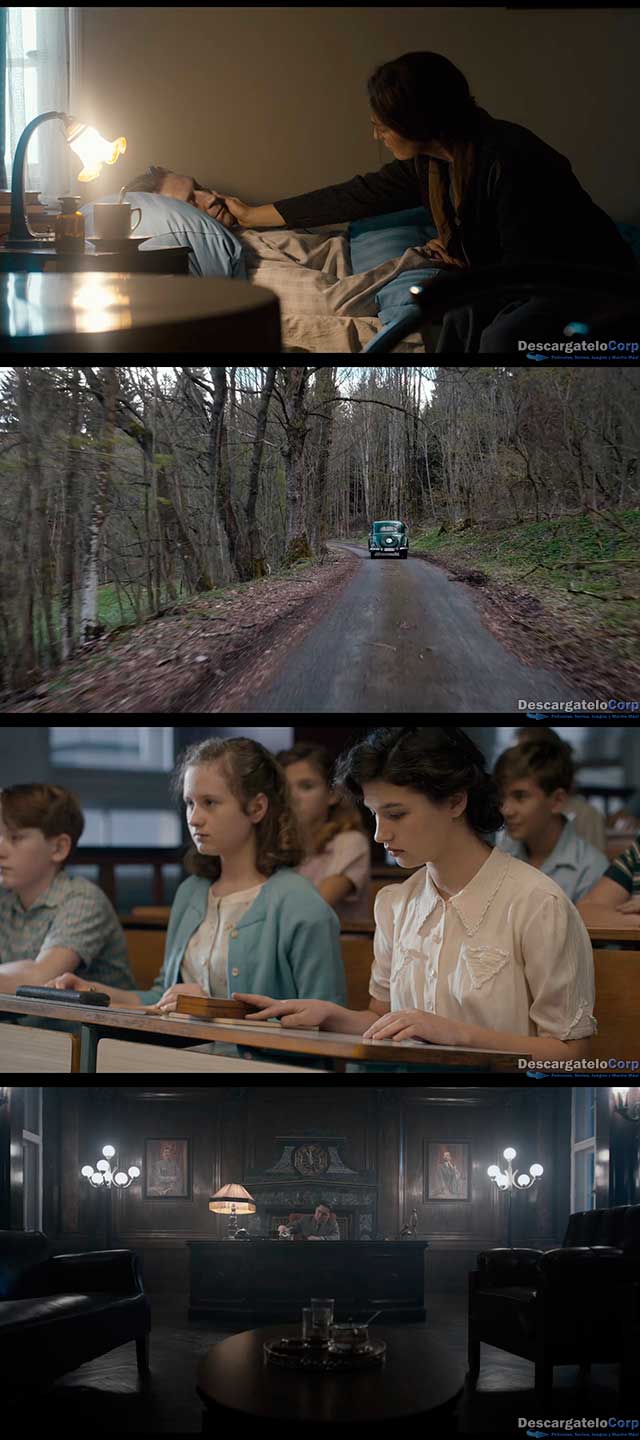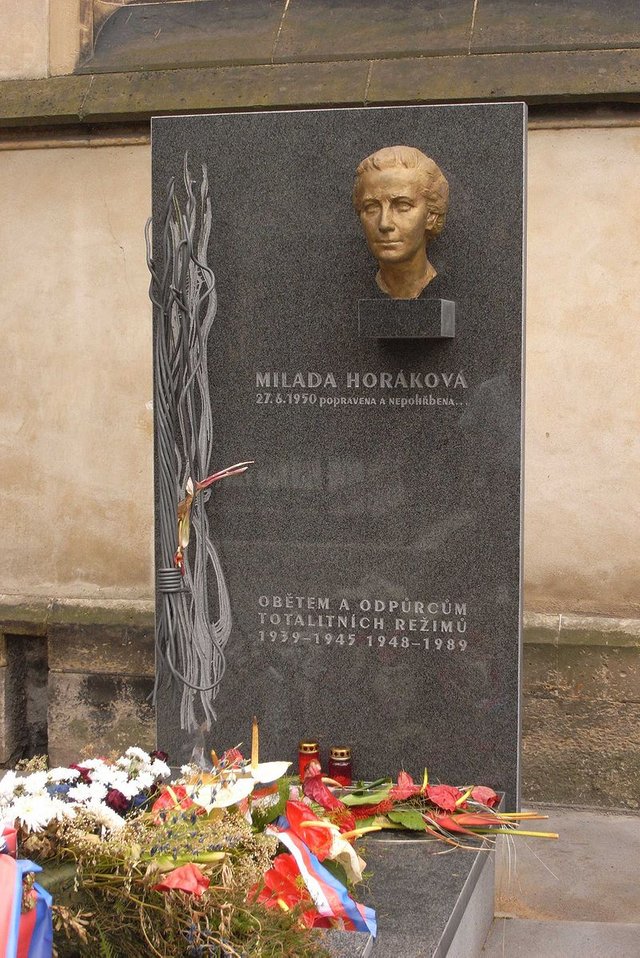The weekend I saw a film worthy of honors, Milada (2017 ‧ Drama)
I made this post, because I felt inspired by this film and that you have to fight for what you believe and against injustice, we must fight against the harmful processes for our society and resist until the end. His last words were (in translation): "I've lost this fight, but I'm leaving with honor, I love this country, I love this country, I'm fighting for your well-being.


-HD-1080p-Latino-Dual-cap.jpg)
Initial release date: November 2, 2017
Director: David Mrnka
Languages: Czech language, English language
Producers: David Mrnka, Ayelet Zurer, Robert Gant, Kristina Hejduková, Pavel Müller
Music composed by: Aleš Březina, Drew Alan
actors
In Honor of Milada Horáková Thanks to Wikipedia for information
(December 25, 1901 - June 27, 1950) was a Czech lawyer and politician, a victim of the political processes of the 1950s in Czechoslovakia. She was the only woman executed during these processes and thanks to her firmness and struggle for her ideals she became the symbol of resistance against the communist regime.
Biography
She was born in Prague, as Milada Králová, and already in her youth she was characterized by being undaunted and with progressive ideas. As a teenager she was expelled from the institute for having participated in peaceful demonstrations. Then, thanks to Czechoslovakia's independence from the Austro-Hungarian Empire, he was able to begin his studies at Carolina University, where in 1926 he graduated in Law.
At the end of his career, he married Bohuslav Horák, an economist he had already met at the university and who worked at Czechoslovak radio. In 1933 his only daughter, Jana, was born.
In 1929 he joined the Czech National Socialist Party, but above all he fought for women's equality and became the key person in the National Women's Council, the most important women's organization in the country. As a socialist, he participated in questions of solidarity, especially in the field of justice and social diligence. She was a supporter of the Czechoslovak Red Cross and also of other social associations.
To expand his linguistic knowledge he traveled to England, France and the Soviet Union. He spoke English, French and German.

Milada Horáková (1949).
The Second World War
During the German occupation it collaborated with the resistance movements and, through the National Feminine Council, organized a social relief related not only to the global economic crisis, but also helped the persecuted people. For that reason, in the year 1940 she was imprisoned along with her husband. She spent two years in the prison of Pankrác, and Charles Square in Prague and after the attack on Heydrich she was transferred to Terezín concentration camp. Later he still went through several prisons in Germany.
The arrival of the Communist Regime
After the liberation in May 1945 she returned to Prague, where she met her husband, who also survived the war. He entered again in his political party and also renewed the Feminine National Council, where he founded in 1947 a feminine newspaper called Vlasta, which continues to be published until today.
After the communist coup of February 1948, he decided to resign from his post in Parliament, but continued to collaborate with the opposition of the new regime. Although he had chances to leave the country, he stayed to fight for freedom. On June 27, she was arrested for espionage and conspiracies that led to the fall of the regime and a few days later, on May 8, 1950, she was sentenced to death with three of her colleagues. It was the first time that a woman, the mother of a 17-year-old girl, died as a victim of a political process.

Although important people like Albert Einstein, Winston Churchill or Eleanor Roosevelt tried to ask for clemency for the condemned through letters, everything was useless. Finally President Gotwald signed the death sentences.

On June 27, 1950, Milada Horáková, at the age of 48, was executed in the Pankrác prison in Prague, the only woman of the 234 political victims in Czechoslovakia from the year 1948 until the year 1960.
On June 27, 2004, coinciding with the anniversary of the condemnation of Milada Horáková, this day was proclaimed as the day of remembrance of the victims of the communist regime

Tomb of Milada Horáková.